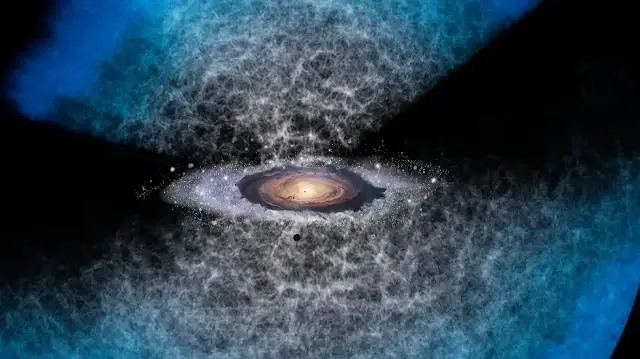Universe's expansion may have already begun slowing, study finds

New research from South Korea's Yonsei University challenges the long-held belief in accelerating cosmic expansion, suggesting the universe may have entered a decelerating phase. The findings could fundamentally reshape our understanding of dark energy and the cosmos's ultimate fate.
A groundbreaking study suggests the universe's expansion may have already begun slowing, challenging a fundamental principle of modern cosmology that has stood for nearly three decades. Research led by Professor Young-Wook Lee of Yonsei University in South Korea indicates the cosmos has potentially entered a phase of decelerated expansion, contradicting the widely accepted theory of continuously accelerating cosmic growth driven by dark energy.
Methodology and Key Findings
The research team analyzed data from 300 galaxies and discovered that supernovae used as cosmic distance markers—previously considered reliable "standard candles"—actually vary in brightness depending on their host stars' ages. After accounting for this previously overlooked bias, the data no longer supported the standard cosmological model (ΛCDM) but instead aligned with findings from the Dark Energy Spectroscopic Instrument (DESI) project, which indicate dark energy's influence may be weakening over time.
Implications for Dark Energy Understanding
Professor Lee emphasized the potential significance of these findings, stating they would "mark a major paradigm shift in cosmology since the discovery of dark energy 27 years ago" if confirmed. The 2011 Nobel Prize in Physics recognized the original discovery of accelerating expansion, but the new analysis found "no convincing evidence of continued acceleration," suggesting instead that "the universe has already entered a phase of decelerated expansion at the present epoch."
Future Research Directions
The research team plans to conduct further verification using upcoming data from the Vera C. Rubin Observatory in Chile, which is expected to identify tens of thousands of new supernovae in coming years. Co-researcher Chul Chung noted that "precise age measurements will allow for a far more robust and definitive test of supernova cosmology," potentially forcing scientists to reconsider dark energy's nature and the universe's ultimate destiny.
Advertisement







Comments you share on our site are a valuable resource for other users. Please be respectful of different opinions and other users. Avoid using rude, aggressive, derogatory, or discriminatory language.